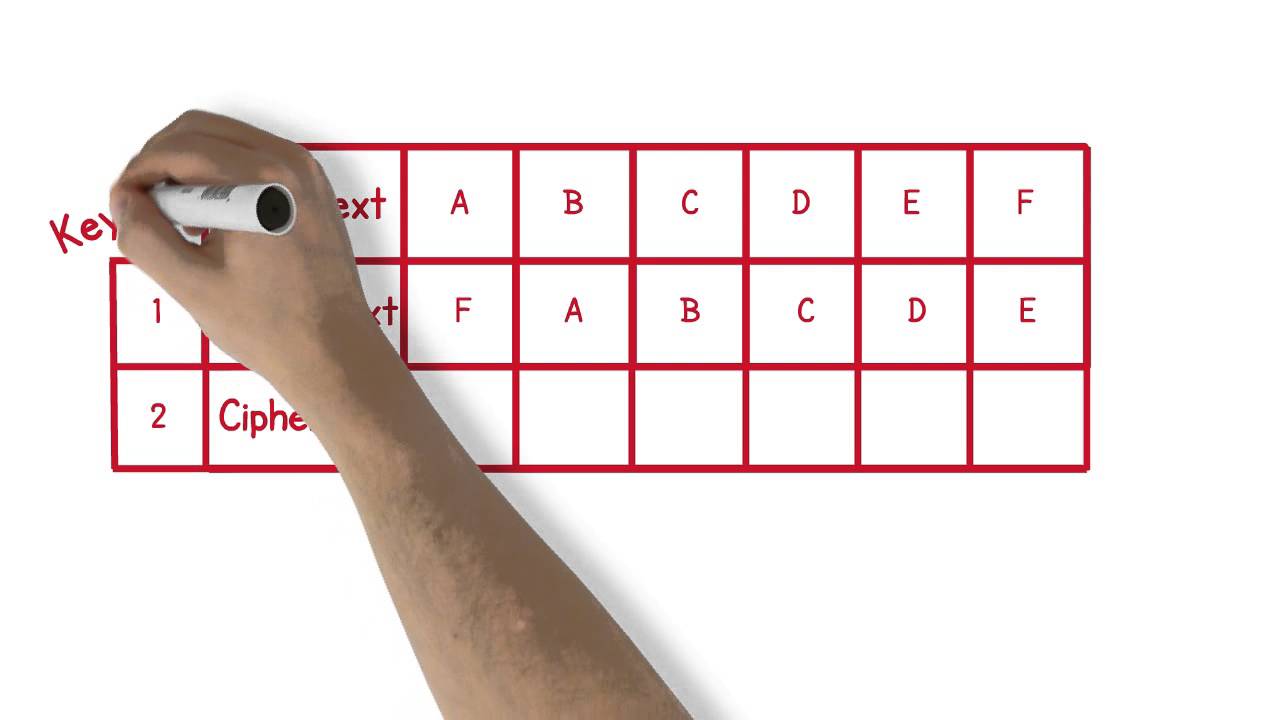A block cipher is a type of encryption algorithm used to scramble the contents of a data stream or message in a secure and predictable way. It takes data blocks of a certain size, usually 64 bits, and converts them into a ciphertext that cannot be deciphered without a secret key. Block ciphers are designed to be used in conjunction with secure communications protocols, such as SSL/TLS, in order to add extra layers of encryption to protect data from malicious actors.
The most common form of block cipher is the Advanced Encryption Standard (AES) which was adopted by the United States government in 2001 as the official encryption algorithm. AES is a symmetric algorithm, meaning it uses the same private key for both encrypting and deciphering data.
Because block ciphers work on fixed-sized blocks of data, they cannot encrypt very large messages or files at once without re-constructing them into blocks themselves. This makes them vulnerable to “chosen plaintext attacks”, where an attacker can easily find out the format of the data and then reverse engineer the encryption key.
Despite this potential security flaw, block ciphers remain the most widely used form of encryption, providing a high level of security for banking and commercial websites, as well as communications between machines. As such, it is important to ensure that your block cipher is regularly updated with the latest version and kept secure.





